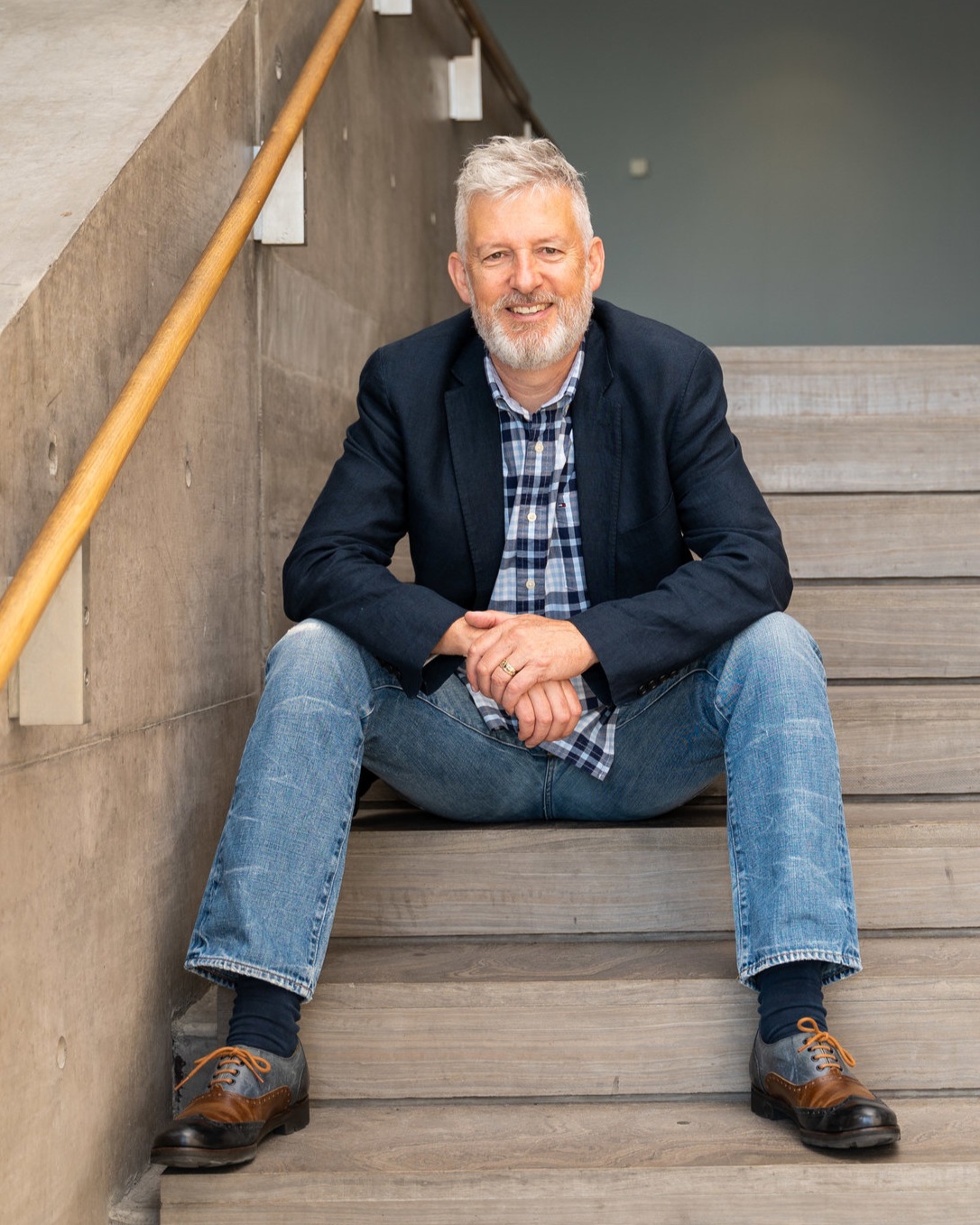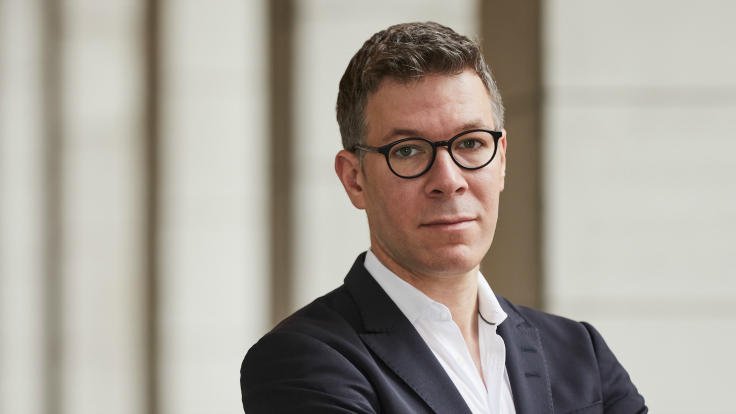
A podcast about academic research and why it matters.
Recent Episodes
Authenticity. Corporations chase it. Consumers desire it. Maxim Voronov, Professor of Sustainability and Organization at the Schulich School of Business, studies authenticity in a business context. He breaks it down into two categories, traditionality and originality. Which one a corporation pursues depends on factors such as how large they are and how old they are. In this episode, host Cameron Graham talks to Maxim about his study of authenticity in the Canadian whisky industry.
One way of getting companies to do something about climate change is through tax incentives. But what makes one company take advantage of tax breaks for green technology, while another company does nothing? This is a question Giri Kanagaretnam can answer. Giri holds the Ron Binns Chair in Financial Reporting, Banking and Governance, at the Schulich School of Business.
Olaf Weber, the CIBC Chair in Sustainable Finance at the Schulich School of Business, has some new research on the link between climate risk and credit risk. Climate change has made the future risky for all of us, and these risks have financial consequences. Prof. Weber explains how this affects banks, oil companies, and investors.
Canada has a long and troubled history when it comes to dealing with the First Nations of North America. Achieving reconciliation between Canada and the First Nations is an enormous challenge that covers every aspect of life. I'm not sure where the economy sits on the list of priorities, but it's definitely an important factor in reconciliation. Can the business professor offer any suggestions? Irene Henriques trying, she is Professor of Sustainability and Economics at the Schulich School of Business and her research focus is Indigenous entrepreneurship. Her work has profoundly optimistic, but also very realistic about the need to dismantle colonial institutions and build new economic relationships grounded in the agency of Indigenous peoples.
Dr. Winny Shen studies bad bosses. You know the kind. A boss who constantly undermines you or plays favorites. A boss who takes credit for your work when things go well and blames you when things go badly. Or even worse, an abusive boss who yells at people, insults them, reams them out in front of the rest of the team. A boss like this makes you want to quit. Not many people actually set out to become a bad boss. So how does someone end up this way? What goes wrong? These are questions Winny Shen knows how to answer.
Dr. Alison Halsall, Associate Professor of Humanities at York University, studies graphic texts in relation to children and childhood. She is the coordinator of the Children, Childhood and Youth Program at York, an undergraduate program that takes an interdisciplinary approach to understanding childhood from the perspective of children. The program prepares students for work in fields such as advocacy, counselling, education, health and wellness, and international development, all related to the rights and the experiences of children and youth. In this interview, she talks about her new book, Growing Up Graphic: The Comics of Children in Crisis. The book deals with some very tough topics, including child soldiers and migrant children.
Dr. Susan Dieleman is the newly appointed and inaugural Jarislowsky Chair in Trust and Political Leadership at the University of Lethbridge. Dr. Dieleman is a renowned authority on the philosophy of Richard Rorty, the American pragmatist whose approach to understanding society through language and solidarity has been so instrumental in the work of many scholars in the humanities.
Dr. Emily Rosenman, Assistant Professor of Geography at Penn State University, is an urban and economic geographer. Her research examines the connections between finance, urbanization, and inequality, and the relationships and structures that produce wealth and poverty simultaneously.
Dr. Elizabeth Greene, Associate Professor of Classics at The University of Western Ontario, holds the Canada Research Chair in Roman Archaeology. Her work on Roman ruins near Hadrian’s Wall in northern England looks at everyday objects like leather footwear. History is written by the winners, they say, and as a result, the voices of women are often left out of historical narratives. But by looking closer at the archaeological record, Dr. Greene has been able to discover a lot more about everyday life in Roman society. It’s an approach to history that challenges our assumptions about how the world works.
Prof. Markus Giesler, of the Schulich School of Business at York University, is a consumer researcher. This means he looks at how markets dynamically shape human behaviour. He is an Editor at the Journal of Consumer Research and the bright spark behind one of the most popular courses at our school, "Customer Experience Design." It’s a course that models customer experience design for his students in every lecture, project, and assignment. In this episode, he talks about his latest research paper, “The Consumerization Of Care,” in which he explores how we as a society have responded to the global pandemic in ways that redefine social solidarity.
Upcoming Episodes
We’re always looking for fascinating scholars to interview. If there is an academic researcher you would like to hear on Podcast or Perish, please email the show’s host, Prof. Cameron Graham, at cgraham@schulich.yorku.ca.











